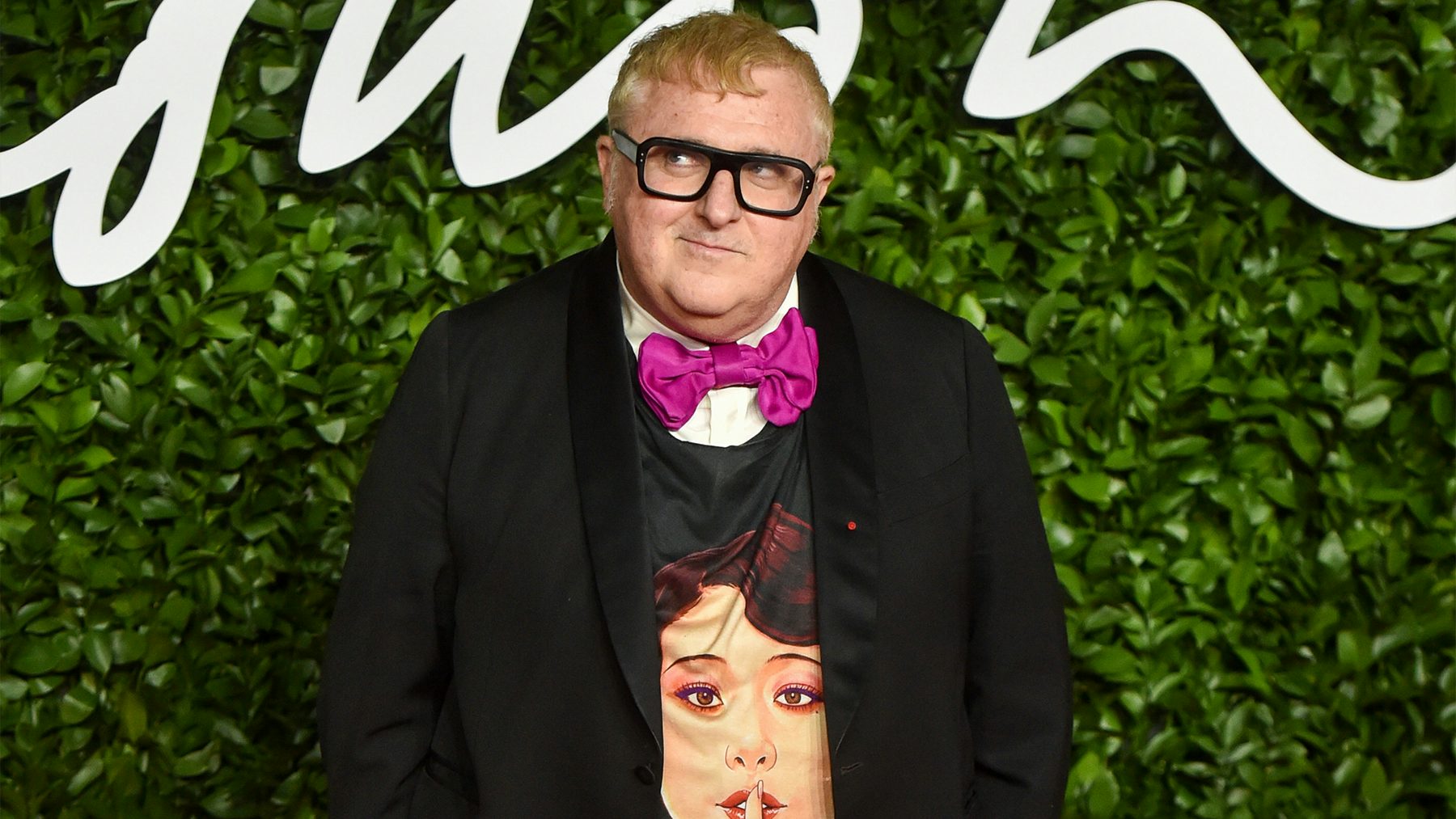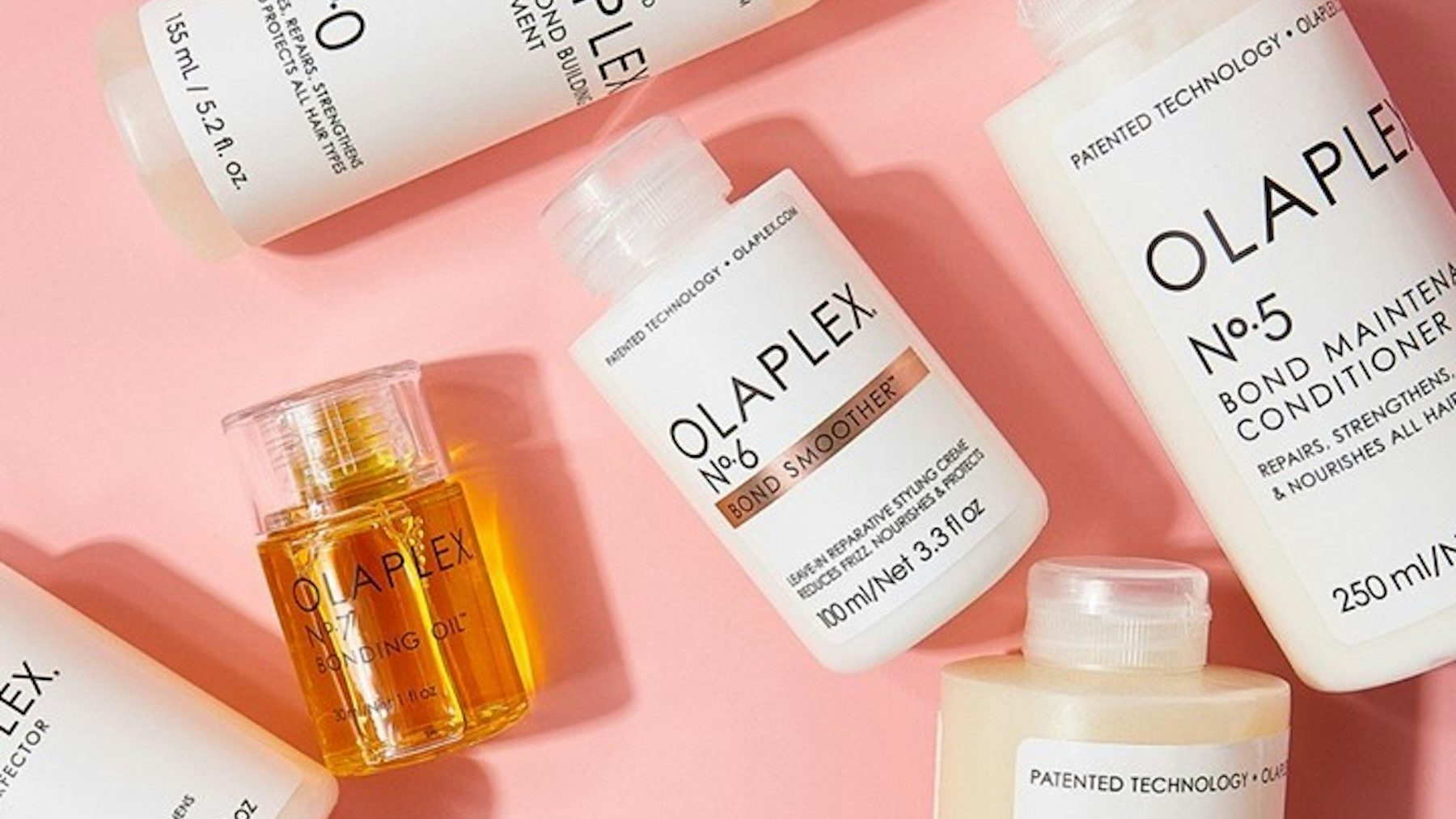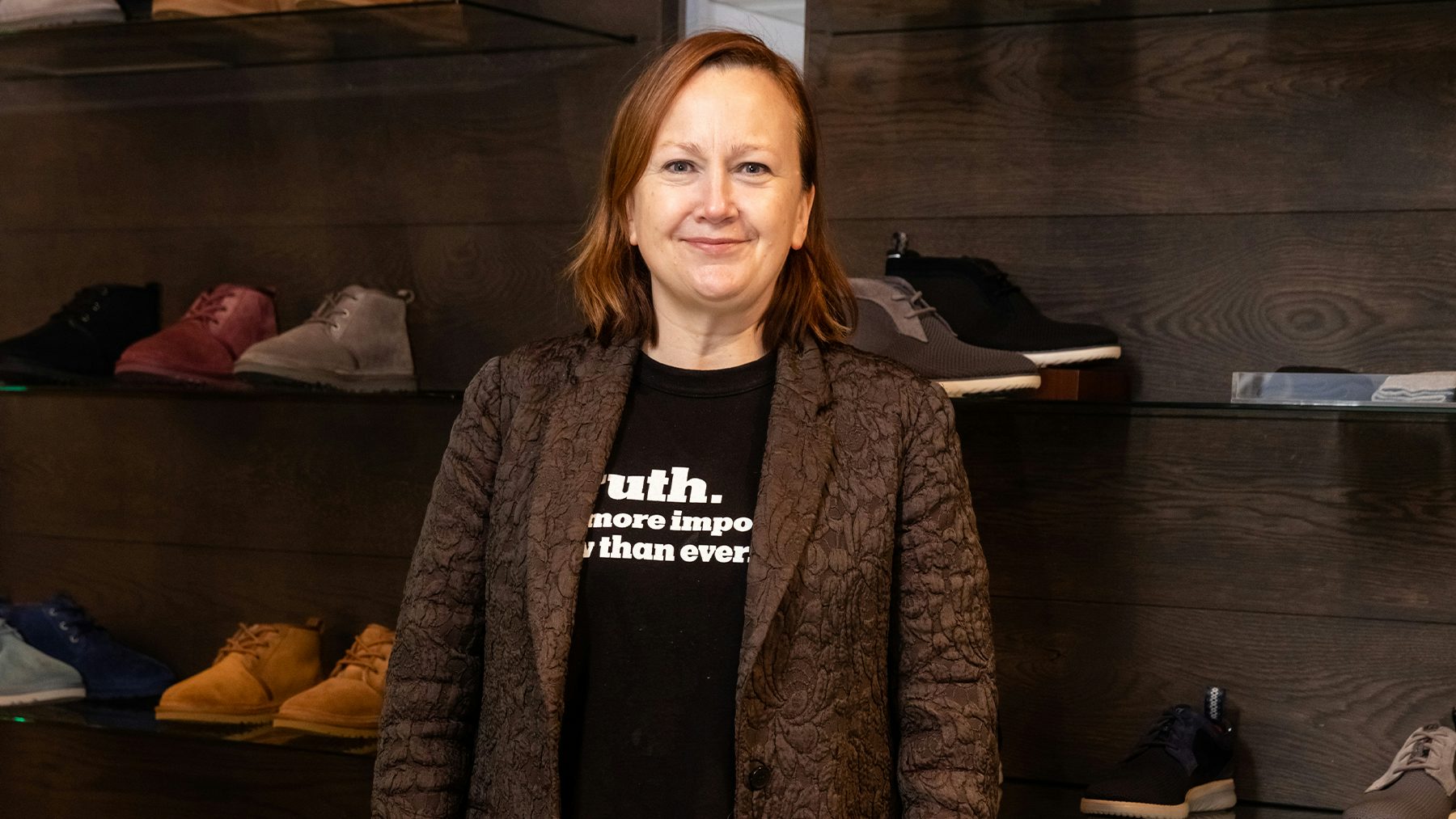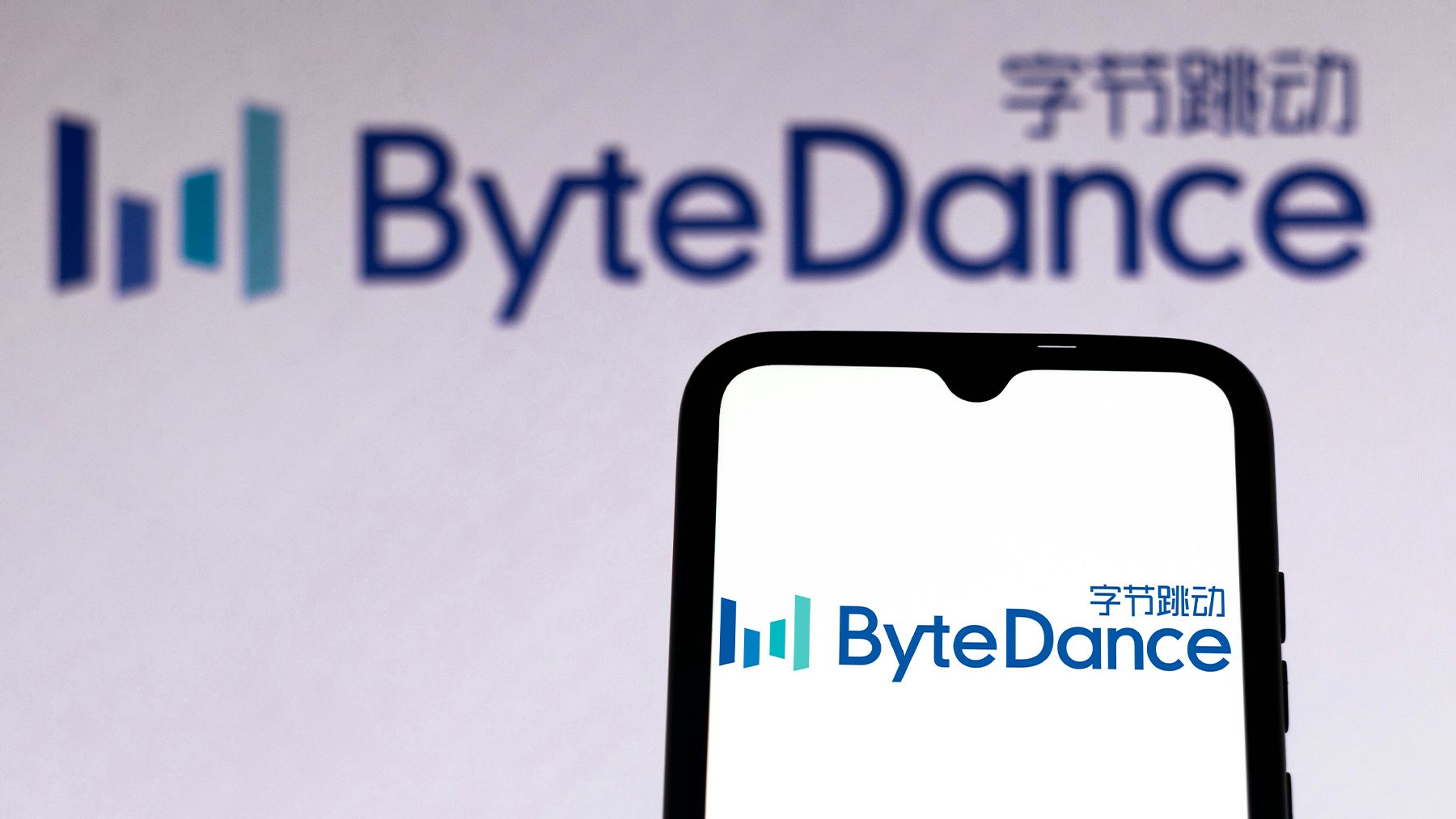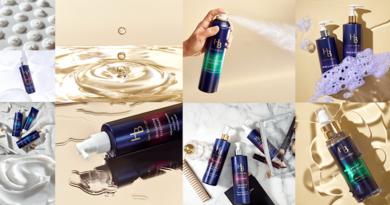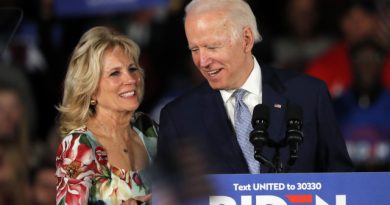Warby Parker and Wall Street’s Verdict On DTC | This Week in Fashion, BoF Professional
This week, Warby Parker shares began trading in what was probably the most anticipated of this year’s spate of fashion IPOs.
The US eyewear brand went public via a direct listing, so it did not sell any new shares. The stock vaulted 36 percent from its reference price of $40 a share in its first day of NYSE trading on Wednesday. Warby Parker’s market capitalisation is now above $6 billion — double the $3 billion valuation it was given after raising $245 million in August 2020.
Just as there’s no single reason why consumers choose one brand over another, there isn’t a neat answer to why investors rushed to buy shares of Warby Parker as well as a handful of similar recent IPOs, such as On Running and Olaplex, while steering clear of others. But one uniting factor is strong brand identity.
When a company’s stock goes up, it reflects investors’ underlying assumption that the best is yet to come. For a hot brand like Olaplex, that’s an easy story to tell: the California-based beauty brand known for its luxury hair care products has built a strong following through its direct-to-consumer business, in addition to wholesale partnerships with Sephora and beauty distributors that sell its products to salons. After going public on Thursday, it now has plenty of cash to put toward expanding into wellness and other categories. Chief executive JuE Wong told BoF that Olaplex’s sustainable packaging initiative likely helped its IPO stand out from other market debutantes.
Investors believe that Warby Parker has also developed a strong identity, not least in business circles. After all, numerous businesses characterised themselves positively as “the Warby Parker” of their industries. While the track record for the many fashion start-ups that have mimicked Warby’s approach is decidedly mixed, the disruptor brand challenging the slow-moving incumbents remains a compelling narrative.
By comparison, A.k.a Brands, the parent company of fast fashion brand Princess Polly, had to reduce the size and price of its IPO last week, and shares slid as soon as they started trading publicly. A.k.a. Brands is profitable, but has had a harder time convincing investors its rapid growth is sustainable. Online fast fashion brands can experience a meteoric rise, and disappear just as swiftly when a faster, cheaper rival comes along. The company will therefore need to work hard to hold onto its Gen-Z customers.
In a statement to BoF, a spokesperson for A.k.a Brands said it is “confident in our growth strategies in the quarters and years ahead and in our ability to redefine retail for the next generation.”
There are some investors approaching Warby Parker with the same caution. For all its disruptive vision, it also intends to grow by opening hundreds of stores. This puts the brand more directly in competition with the category leader, EssilorLuxottica. The conglomerate owns Lenscrafters and Sunglass Hut; each of which has 13 percent of the US eyewear market, according to Earnest Research. Warby’s share is 7 percent, up from 4 percent in 2017.
Taking on the incumbent will be costly, and Warby Parker is already facing losses. Net revenue grew from $272.9 million in 2018 to $370.5 million in 2019, while losses deepened from $22.9 million to $55.9 million (although it only lost $7.3 million in the first six months of 2021). (Warby Parker is in a quiet period and declined to comment.)
Warby Parker’s share price has remained close to its post-IPO level. Its performance in the coming weeks and months will offer a better sense of how the market views the brand. When that verdict comes in, Warby Parker’s listing will serve as a more definitive ruling on the wider DTC space, and whether investors will sign onto DTC’s affinity for prioritising growth over profit for the long run.
Editor’s Note: This article was revised on 1 October, 2021 with updated figures regarding Warby Parker’s losses.
THE NEWS IN BRIEF
FASHION, BUSINESS AND THE ECONOMY
Gucci, Louis Vuitton, Valentino, Hermès among 44 brands to show at Alber Elbaz tribute closing Paris Fashion Week. Getty Images.
Gucci, Louis Vuitton, Valentino, Hermès among 44 brands to show at Alber Elbaz tribute. Each of the participants — a mix of established luxury houses and smaller labels like Thebe Magugu and Wales Bonner — will create one bespoke look “inspired by his legacy or a special take on an iconic silhouette,” a statement from Elbaz’s label AZ Factory read. The tribute will be showcased in a livestreamed event on Oct. 5.
Luisa Via Roma announces $152 million investment with plan to go public. The Italian e-commerce retailer announced a deal with private equity fund Style Capital, which owns a majority stake in Australian label Zimmermann and a minority stake in Italian brand MSGM. Current chairman and chief executive Andrea Panconesi will retain 60 percent of the business.
Canada Goose expands into footwear. The November release of the $1,300 winter boot will expand the luxury outerwear brand into a new category at a crucial time for its business. The brand expects to pass $1 billion in revenue for the first time this year, having seen online and China sales surge during the pandemic.
OTB chairman Renzo Rosso expects 20 percent organic sales growth in coming years. Rosso said he has “very ambitious targets” set for the next few years, including aiming for further acquisitions and a public listing, as the industry recovers from the Covid-19 pandemic. OTB owns brands such as Diesel and Maison Margiela, and took over Jil Sander in March.
Parade raises $20 million in new round, bringing valuation to $140 million. The direct-to-consumer intimates brand intends to use the funds from the Series B round, led by investment firm Stripes, to expand its product offerings, open brick-and-mortar pop-up shops and make new sustainability commitments.
Boohoo, H&M warn supply chain issues are hitting European retail. Boohoo Group Plc lowered its forecast for sales and profitability while Hennes & Mauritz AB’s revenue growth decelerated as high shipping costs and global supply chain disruption continued to challenge European clothing retailers.
Power cuts could increase Chinese textile prices. Planned shutdowns — due to China’s struggles with severe electrical shortages — in industrial hubs like Jiangsu, Zhejiang and Guangdong could send prices of textiles and garments up in coming weeks, according to Fibre2Fashion.
Garment worker protection act signed into California law. The bill will hold “corporations accountable and [recognise] the dignity and humanity of our workers,” Governor Gavin Newsom said in a statement. The law will ensure hourly wages for California’s garment workers in lieu of piece-rate pay, which often amounts to wages well below the state’s $14 minimum wage.
THE BUSINESS OF BEAUTY
Advent-owned hair care firm Olaplex valued at $13.6 billion in IPO. Instagram/@olaplex.
Advent-owned hair care firm Olaplex valued at $13.6 billion in IPO. The hair product maker’s sales grew 90 percent year-over-year in 2020, while adjusted net income rose to $131 million over the same period from $100.5 million a year earlier, according to a recent regulatory filing.
Estée Lauder winds down designer fragrance licensing division. The beauty group’s Aramis and Designer Fragrances (ADF) division has licensing contracts with Donna Karan, Michael Kors, Tommy Hilfiger and Ermenegildo Zegna, all of which will come to a close in June 2023. Capri-owned Michael Kors has already announced it inked a 15-year deal with Italian fragrance maker EuroItalia, which counts Versace among its partners.
PEOPLE
Everlane names Andrea O’Donnell chief executive. Getty Images.
Everlane names Andrea O’Donnell chief executive. The direct-to-consumer brand’s founder Michael Preysman will step away from the CEO post to take on a sustainability-focused role as executive chair and “climate activist.” O’Donnell joins from Decker Brands, parent of labels such as Ugg and Teva, where she was president of the Ugg brand.
Vanessa Kingori MBE’s takes new roles at Condé Nast. The former publishing director of British Vogue — as well as both the first-ever female business lead at the title and Black publisher at Condé Nast Britain — has been named chief business officer of Condé Nast and Vogue European business advisor. In her new roles, Kingori will lead UK commercial teams and across all Condé Nast brands as the company continues to restructure.
Kering Appoints Thierry Marty president of North and Southeast Asia Pacific. In the newly-created position, Marty will oversee the French luxury group’s development in markets including Japan, South Korea, Southeast Asia, Australia and New Zealand. He will be based in Seoul and report to Kering’s group managing director Jean-François Palus.
Burberry appoints new chief digital and analytics officer. CP Duggal, who most recently led American Express’ digital and analytics organisation, will join the executive committee. For now, he will report to Burberry chief executive Marco Gobetti, and eventually will report to his successor once Gobetti joins Ferragamo at the end of the year.
MEDIA AND TECHNOLOGY
ByteDance is reportedly launching a cross-border e-commerce platform. Getty Images.
ByteDance is reportedly launching a cross-border e-commerce platform. Chinese media outlet The Passage reported that the firm, which owns Tiktok and Douyin among other apps, plans to unveil an e-commerce app for international consumers in October, which would be an attempt to take on Alibaba’s marketplace AliExpress.
Macy’s sues to stop Amazon billboard ad near NYC flagship store. Macy’s said that Kaufman Realty Corp. was in conversation with a “prominent online retailer,” which it believes is Amazon, months before its contract for the billboard expired in August. Competing retailers are prohibited from advertising there under an agreement signed in 1963.
Compiled by Joan Kennedy.

